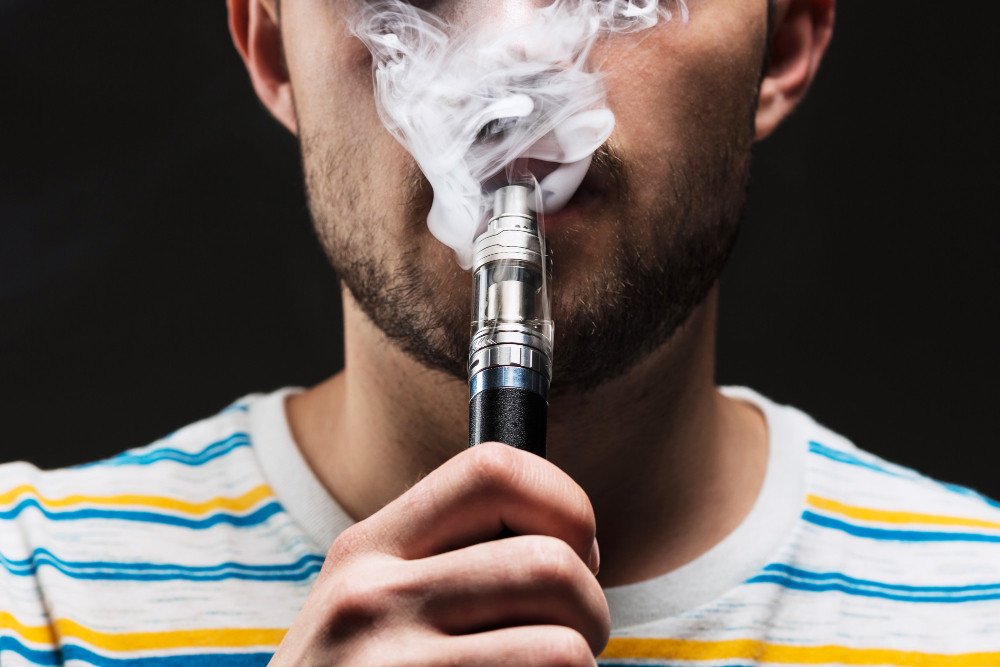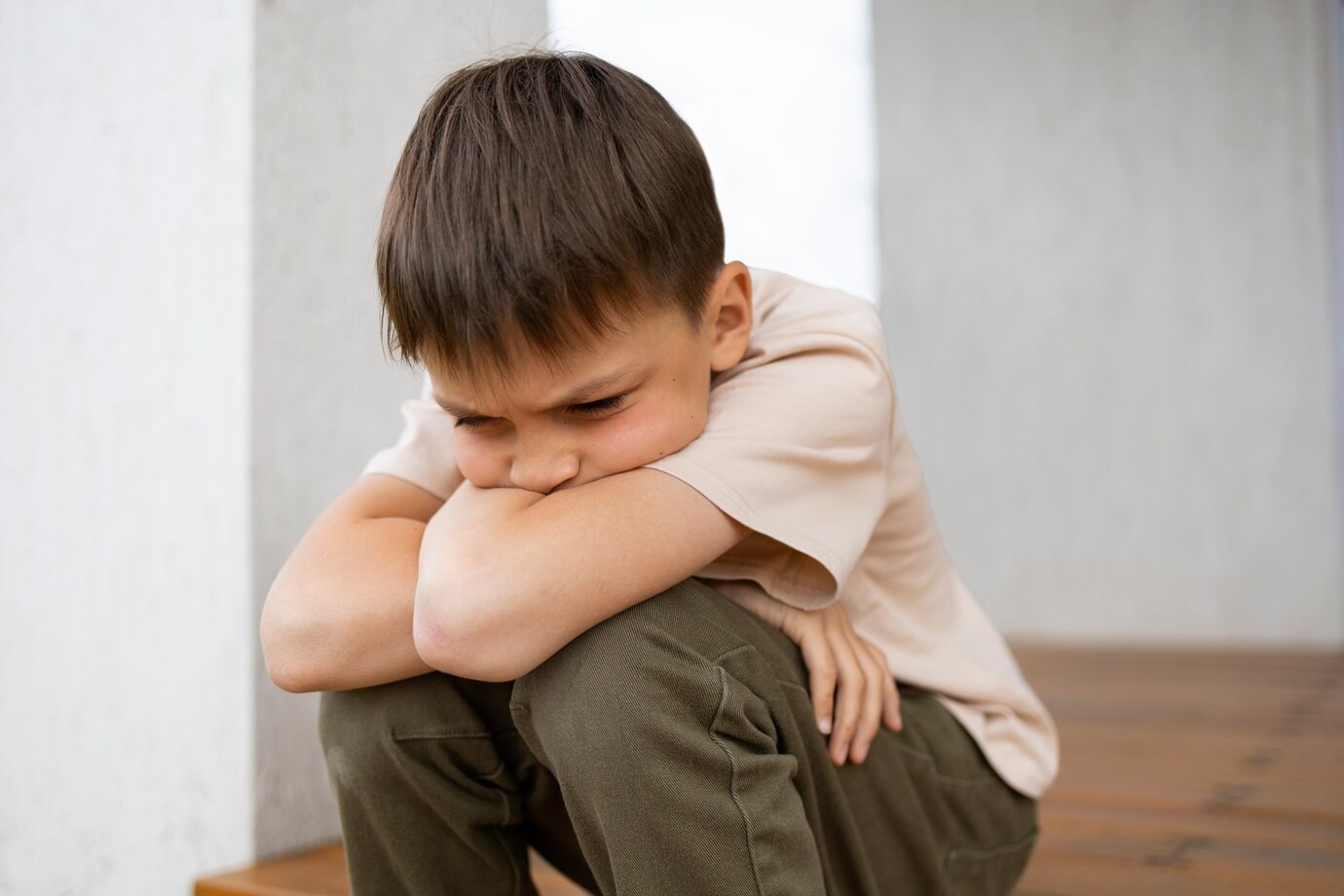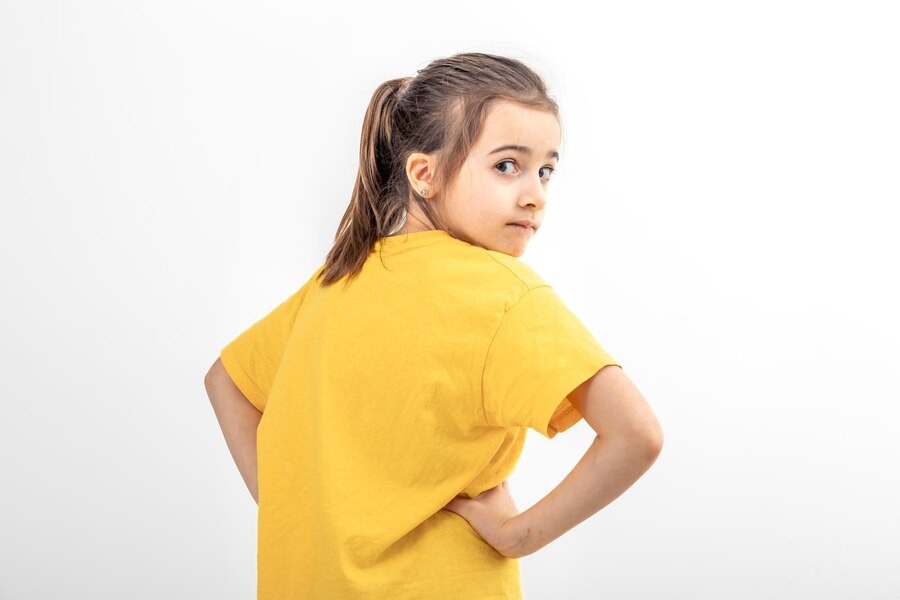Sejak kemunculannya, merokok e-cigarette atau vaping sering dianggap lebih aman dari rokok konvensional dan bahkan dianggap dapat membantu seseorang berhenti merokok. Tak heran jika saat ini banyak orang beralih menggunakan rokok elektrik. Namun para ahli mengungkapkan bahwa rokok elektrik sama berbahayanya dengan rokok konvensional, termasuk ketika para perokok merokok di sekitar bayi dan anak-anak.
Bahaya Rokok Elektrik bagi Kesehatan Anak
Rokok elektrik atau vape adalah salah satu jenis penghantar nikotin yang bersifat elektronik. Rokok ini biasanya terdiri dari baterai, pemanas dan cartridge berisi cairan untuk dihisap. Cairan dalam tabung ini mengandung bahan-bahan seperti nikotin, gliserin, propilen glikol, perasa serta banyak komponen lain yang masih diteliti lebih lanjut.
Rokok elektrik bekerja dengan memanaskan cairan dalam perangkat kecil untuk menghasilkan aerosol yang bisa Anda hirup ke paru. Perokok kemudian menghirup pertikel ini ke dalam mulut, lalu aerosol tersebut turun ke tenggorokan dan masuk ke paru-paru.
Banyak yang menganggap aerosol ini lebih aman daripada asap rokok konvensional sehingga para perokok tidak ragu untuk mengisap rokok di mana saja, termasuk di sekitar anak-anak. Namun sebenarnya vaping atau merokok dengan rokok elektrik sama-sama memiliki bahaya pada anak-anak. Salah satu senyawa yang disebutkan di atas yaitu gliserin dan propilen glikol, bisa membentuk formaldehid dan asetaldehid yang telah diketahui sebagai karsinogen, yaitu zat yang dapat meningkatkan risiko kanker.
Beberapa bahaya mengisap rokok elektrik di sekitar anak antara lain:
Secondhand exposure
Karena rokok elektrik adalah produk "baru" dan tidak beredar selama rokok, belum banyak penelitian yang mengungkapkan bahaya rokok elektrik pada anak-anak. Perlu waktu untuk mengetahui bagaimana paparan asap rokok elektrik pada orang-orang yang menjadi perokok pasif. Namun para ahli mengungkapkan ada banyak data yang menunjukkan bahwa paparan nikotin dan rokok biasa dapat membahayakan kesehatan anak.
Bayi yang terpapar asap rokok memiliki risiko kematian mendadak (sudden infant death syndrome) dan anak-anak yang terpapar asap rokok lebih mungkin terkena infeksi telinga, pilek, bronkitis, pneumonia, asma dan masalah pernapasan. Diketahui bahwa rokok elektrik mengandung nikotin, partikel ultrahalus dan perasa seperti diasetil (zat kimia yang dikaitkan dengan penyakit paru serius).
Selain itu, senyawa organik volatil seperti benzena, yang juga ditemukan pada gas buang mobil, juga ditemukan. Kandungan logam berat seperti nikel, timah dan tembaga turut ditemukan pada vape. Asap rokok dari rokok konvensional maupun rokok elektrik sama-sama memiliki bahaya bagi lingkungan di sekitarnya, baik anak-anak maupun dewasa.
Baca Juga: Benarkah Merokok Rendah Nikotin Lebih Minim Risiko bagi Ibu Hamil?
Tertelan secara tidak sengaja
Bahaya lain yang sering diabaikan orang tua adalah adanya paparan tidak disengaja dari penyimpanan rokok elektrik yang tidak tepat. Sebuah analisis yang dilakukan di Amerika Serikat pada tahun 2018 menunjukkan bahwa di antara 2012 dan 2017 terdapat 8.269 paparan nikotin cair di antara anak-anak usia balita.
Anak-anak yang terpapar asap rokok elektrik di rumah juga memiliki risiko 5 kali lebih besar untuk dirawat di rumah sakit dan dua kali lebih lipat berisiko mengalami gangguan kesehatan yang parah dibandingkan anak-anak yang terpapar rokok konvensional.
Baca Juga: 4 Dampak Negatif Vape bagi Paru-Paru
Mengalami gangguan kesehatan
Bayi dan anak-anak yang menghirup aerosol vape berisiko mengalami gangguan pernapasan. Beberapa masalah pernapasan yang dapat dialami anak-anak antara lain:
- Asma
- Bronkiolitis
- Bronkitis
- Pneumonia
Selain gangguan pada paru-paru, paparan asap rokok dapat mempengaruhi perkembangan otak anak karena otak sangat sensitif terhadap bahan kimia berbahaya bahkan dalam jumlah yang sangat kecil. Anak-anak yang sudah memiliki masalah paru-paru sejak lahir atau masalah kesehatan lainnya juga memiliki risiko masalah kesehatan yang lebih besar ketika menghirup asap rokok.
Dari segi perkembangan perilaku anak, anak-anak yang tinggal di lingkungan perokok juga memiliki risiko dua kali lipat menjadi perokok di usia remaja. Tentunya hal ini membahayakan kesehatan mereka sebagai orang dewasa.
Menghirup asap rokok baik rokok konvensional maupun elektrik memiliki bahaya bagi kesehatan orang di sekeliling, termasuk anak-anak. Kebiasaan merokok di sekitar anak bukan hanya berbahaya bagi kesehatan fisik namun juga tumbuh kembang dan perilaku anak. Jika Anda memiliki pertanyaan seputar bahaya rokok elektrik dapat memanfaatkan fitur konsultasi yang tersedia pada aplikasi Ai Care.
Mau tahu informasi seputar kehamilan, menyusui, kesehatan wanita dan anak-anak? Cek di sini, ya!
- dr Hanifa Rahma
Masters, M. (2022). The Danger of Vaping Around Babies and Kids. Available from: https://www.whattoexpect.com/first-year/health-and-safety/e-cigarette-use-around-children/
Shiffer, E. (2023). The Dangers of Vaping Around Your Kids Vaping. Available from: https://www.parents.com/kids/health/the-dangers-of-vaping-around-your-kids/#
Johns Hopkins. Is It Safe to Vape Around Children?. Available from: https://www.hopkinsallchildrens.org/Patients-Families/Health-Library/HealthDocNew/Is-It-Safe-to-Vape-Around-Children
CDC. Quick Facts on the Risks of E-cigarettes for Kids, Teens, and Young Adults. Available from: https://www.cdc.gov/tobacco/basic_information/e-cigarettes/Quick-Facts-on-the-Risks-of-E-cigarettes-for-Kids-Teens-and-Young-Adults.html












